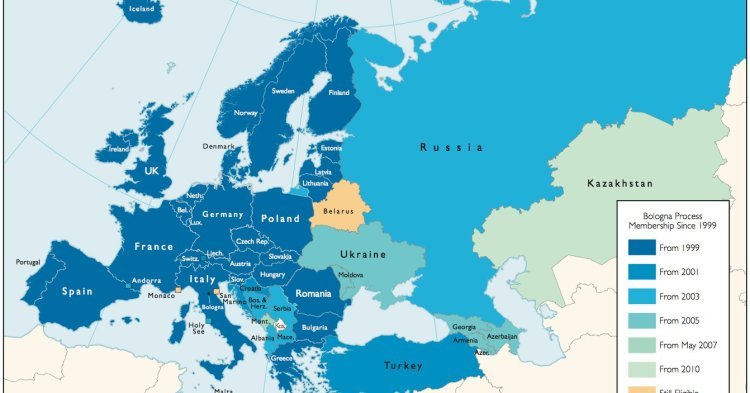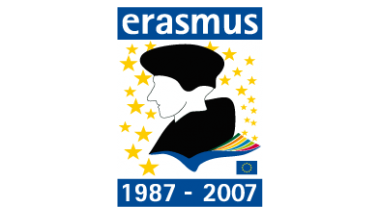The Bologna Process already facilitates the acquisition of a university diploma from a foreign university. By going further and providing standardised education on primary and secondary level, the positive effects of the initiative would be maximised. The educational system would become more competitive and it would therefore promote economic growth, Gévaudan writes.
The most evident challenge is funding. There is a vast gap between the resources poured into education between the wealthiest and the poorest EU Member States. This is a major reason why proposals like the one under discussion haven’t thus far been given serious consideration in the EU. A European fund, suggested by Gévaudan, would help reach the noble goals listed above. In practice, such a fund would easily become a new instrument for EU cohesion policy.
In the current state of affairs, it would take effort to reach a political consensus on it, though the ultimate goal of added economic prosperity via increased competition is generally accepted by the political establishment, which gives the pro-European a glimpse of hope.
Beginning with more modest changes is one way to move towards an ambitious goal. Here are two possible starting points on the journey towards a European education system.
European Baccalaureate
A commonly recognised European school diploma already exists, though only for the few. The European Baccalaureate currently offered mainly by European schools attended by the children of EU employees is something that could naturally serve as a basis for a European curriculum.
Like the more widely available International Baccalaureate programme, the European Baccalaureate could be targeted for youth who are likely to consider an international career in the future. Financial support for schools willing to offer the European Baccalaureate programme would increase the number of youngsters with an international diploma. The more established the programme becomes, the better it will be able to attract students who would benefit from international education the most.
The most ’European’ subjects
Another way forward would be common academic goals for certain subjects. The ones that are international by nature and needed by those seeking for careers abroad would be a good basis for intergovernmental negotiations.
English, a language most Europeans study and the one most commonly used in the international context, could be a subject to start with. The universal language of mathematics, the mastery of which is a prerequisite for many scientific careers, might be another option. To make sure every child has a realistic chance to meet the European requirements for a subject, adequate resourcing is essential. The dilemma is the same as it is with the holistic approach described by Gévaudan, except that all of the financial burden wouldn’t be born at once.
Targeted measures are necessary
In many instances, gradual integration has proved easier than quick leaps in the European reality. In the context of education, a field which is still largely the responsibility of nation-states, small but determined steps are required to make concrete progress. Despite practical constraints, the arguments to make the case for European standards for education exist. Gaining positive experience from certain sectors of education could make them all the more compelling.





Follow the comments: |
|
